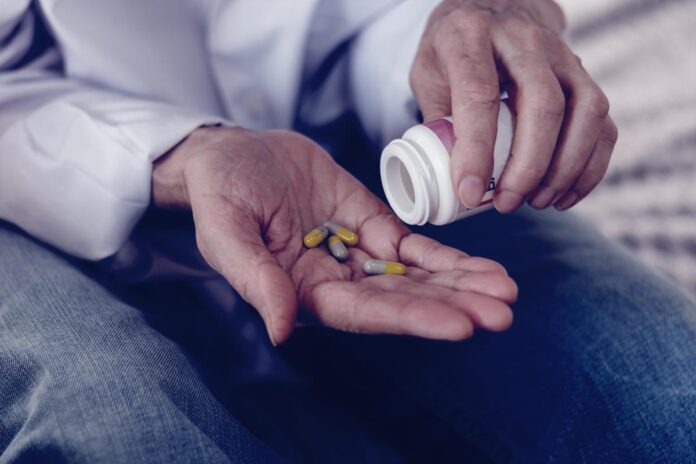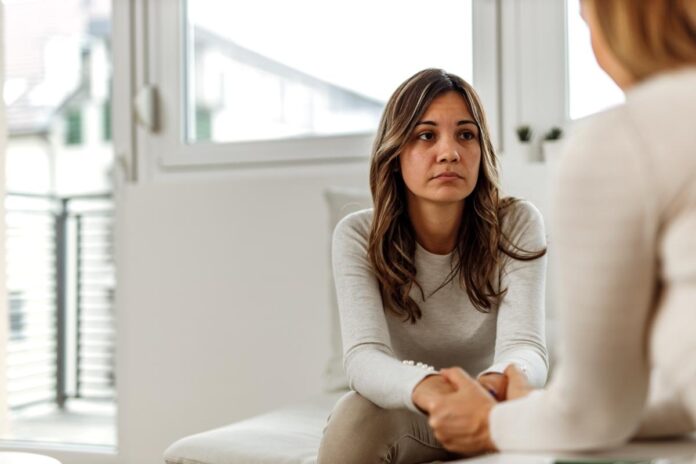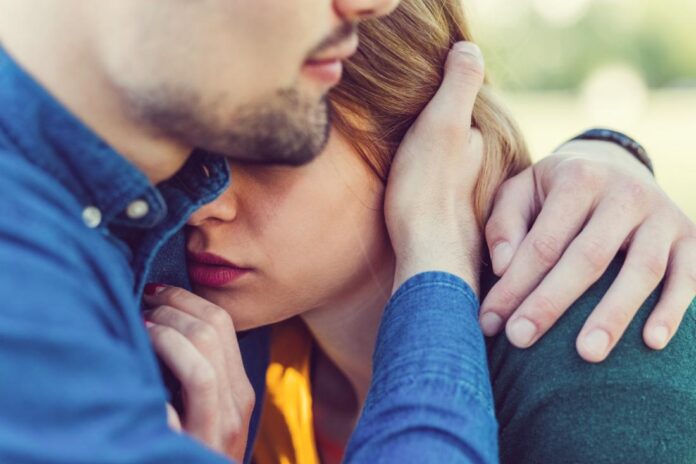
With the trial of Depp versus Heard bringing entertainment, but also shock to the audience, people observe how drugs, alcohol, and prescribed medication can affect a relationship.
‘When your partner is going through opiate detox, their body will be fighting so hard, they will need all the support they can get,’ say experts from substancerehabilitation.com Substance Rehabilitation UK.
The Essence of Opiate Detox: How Does It Work?

Opioids are natural substances that have been used for thousands of years as painkillers. They work by binding with opioid receptors in the brain and spinal cord. The most common types of opioids include codeine, morphine, hydrocodone (Vicodin), oxycodone (OxyContin), and fentanyl.
They affect one’s brain by slowing down nerve impulses and causing feelings of euphoria or relaxation. In some cases, these medications may cause side effects such as nausea, vomiting, constipation, drowsiness, dry mouth, dizziness, sweating, and increased heart rate. Some patients who take opioid painkillers long-term may develop tolerance to this effect, meaning they require higher doses to achieve the same level of relief. This can lead to dependence on the drug.
Because of the way these meds engrave themselves upon one’s entire body, it is a difficult addiction to fight. And the first step is detoxification.
Detoxifying from an opiate addiction takes time. Usually, there are two different methods of treatment. One involves taking methadone, which is safer than other forms of opiates because it doesn’t produce the same physical withdrawal symptoms. However, it does still carry many risks, including overdose and death.
The second method is called Subutex, which is a form of buprenorphine. Buprenorphine has less risk than methadone because it produces fewer negative side effects. But it is not always effective at treating opiate addictions.
As we have seen from the statements made by both the parties at the trial and the treating specialists who organized Mr. Depp’s detox, this process can be handled both within a residential setting or at home, out patiently, with a trusted loved one taking care of the patient.
Dangers of Opiate Detox

Many remain unaware of the dangers that an opiate detox poses. The general understanding is that this process takes three stages from the early, through the peak, and into the late stage, the patient will be fighting cravings, anxiety, and irritability, among other symptoms.
The side effects are more psychological in the early stage, as those who suffer from the addiction may experience severe cravings. With the coming of the peak, the second stage, also come obvious, stronger side-effects such as rapid heart rate, increased blood pressure, sleep disorders, and other severe symptoms.
Upon entering into the late stage of the process, the symptoms will continue clearing up until they are completely bearable. Many identify the second week as the time at which they began feeling more aware. However, some people say that they didn’t feel any difference until their third week.
When the patient begins to realize how much better he feels without the drugs, he then undergoes counseling sessions where he learns about his condition and the benefits of quitting permanently.
The worst thing you could ever do for your loved ones would be to encourage them to take on an opiate detox without proper medical supervision. If you know someone who is addicted to opiates, please help them get the best possible medical assistance.
The Dangers of Codependence

As observed during the trial, as well as in many modern relationships affected by addiction, codependence is an important topic that must be discussed in order to rid a relationship of the effects of opiate addiction.
Codependency is defined as “a dysfunctional pattern of relating characterized by an overinvolvement in others’ lives, a tendency to assume responsibility for the feelings and actions of others, and a self-sacrificing concern for the needs of others”. It has been known to cause emotional damage and physical problems in the sufferer, including depression, insomnia, stomach ulcers, kidney stones, hypertension, heart disease, low self-esteem, poor body image, and even suicide attempts.
Codependent individuals tend to become overly involved in another person’s life, especially when they are dealing with drug abuse. This means that instead of focusing solely on themselves, they spend all their energy on their loved ones and their problems.
Codependence can be a symptom of the so-called ‘toxic’ relationships but is mainly something much more serious – a cry for help. Such toxic relationships usually occur because of the lack of boundaries in human beings. We cannot live our own lives, we always have to think about other people first. When one partner starts using substances, it gives him or her the opportunity to escape from reality.
The addicted person doesn’t want to face the fact that there is no real solution to his or her problems. Instead, they try to solve these issues by escaping into somebody else’s life. As soon as they start doing this, they begin creating the idealized image of their loved ones, making them perfect for them. Inevitably, the addicted person becomes dependent on the substance, leaving himself or herself open to manipulation.
This is why family therapy, as well as group counseling, are part of the treatment process once the detox has been completed. Without the therapeutic part of treatment, relapse is more probable.
How To Get Medical Treatment For Addiction?

There are many ways in which you can seek out the right kind of medical attention for yourself or your loved ones. Here are just a few of them:
- Ask your family doctor if he/she knows anyone who might be able to treat your problem. He or she should be happy to offer you names of doctors or hospitals who specialize in this field.
- You can ask friends or relatives who have been through similar situations before. They could recommend a good rehab center that will provide you with the necessary services.
- Another option is to search online. There are plenty of websites offering information on rehabilitation facilities and treatments used to cure opiate addiction.
- Finally, you can simply google “opiate rehab” and find a list of local clinics that are available in your area.











